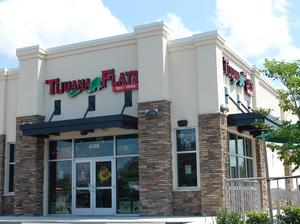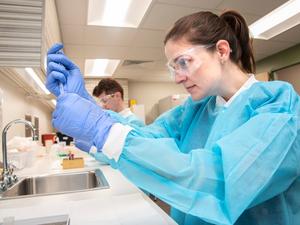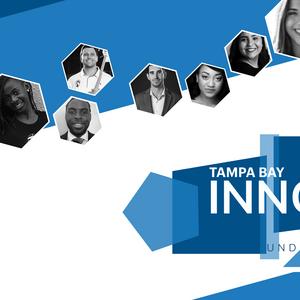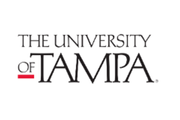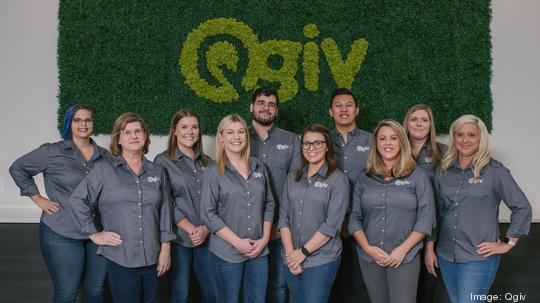
A Lakeland-based, nonprofit-focused technology company has been quietly growing for the last 14 years and now hit a billion-dollar milestone — again.
Qgiv, which helps nonprofits with its fundraising management system, works with more than 5,000 nonprofits across the nation and employs more than 85 people. Its clients collectively have raised over $2 billion with the help of Qgiv's software, which helps nonprofits with everything fundraising-related.
Qgiv was founded in 2007 when Todd Baylis and his roommate were doing "anything anyone would pay us for." Part of that involved creating software, which eventually turned into a proof of concept, to help nonprofits better handle donations through its online processing system.
"We've seen the way organizations utilize and leverage technology has improved over the last decade or so — that's part of the opportunity in the space," CEO and co-founder Todd Baylis said. "Organizations have a limited amount of resources and limited knowledge [in online fundraising]. We try and provide those services around the platform itself."
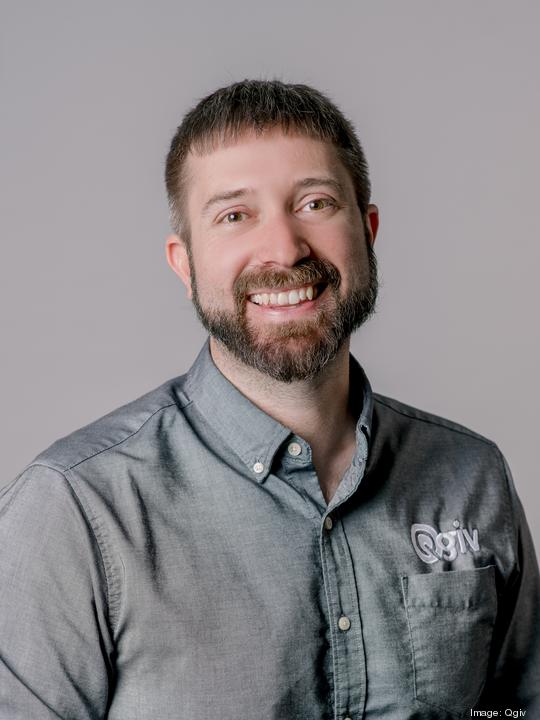
Qgiv hits fundraising at three levels. There's year-round, annual giving; contextual giving, tied to things like auctions or one-time events; and peer-to-peer giving, such as someone raising money for a nonprofit by running a 5K.
"It's [typically] a highly fragmented market; a lot of players do a lot of small-use cases very well, so it's the width and the number things we can do, and do well, that makes us different," Baylis said. "We see a lot of that, where organizations use a lot of systems. So, we to help them utilize one system and put the pieces together."
The company was angel-backed in 2011 and is now majority-owned by Chicago-based Sphere and Waud Capital. It works with several big-name organizations, including Junior Achievement chapters, Ronald McDonald House Charities, and Big Brothers Big Sisters.
The coronavirus pandemic fueled the need for the software, Baylis said, as many nonprofits were turning toward the public to keep them afloat or help those in need.
"At a high level, after the pandemic began, you saw a lot of the human services, food banks, housing shelters that were in a position to help, and those who asked were very successful in their fundraising efforts," he said. "It was counter to what you think initially, but it shows the organization's impact in times of need."
The latest success may be a bit surprising to some unfamiliar with Lakeland's technology and startup scene. But nestled in the nearly perfect halfway point between Tampa and Orlando, the city's ecosystem has been able to grow with the help of resources on both sides.
"It's grown a lot with [innovation hub] Catapult and initiatives of the EDC," Baylis said. "It just built a good entrepreneurial community, very much so in lifestyle business and other types of companies that are in the fabric. There are a lot of the pieces in place, and like anything, it will keep getting better and better over time."
